
Slate is an Amazon affiliate and may receive a commission from purchases you make through our links.
Mark O’Connell’s 10 Favorite Books of 2016
Future sex, cryogenics, and a defense of pretentiousness.
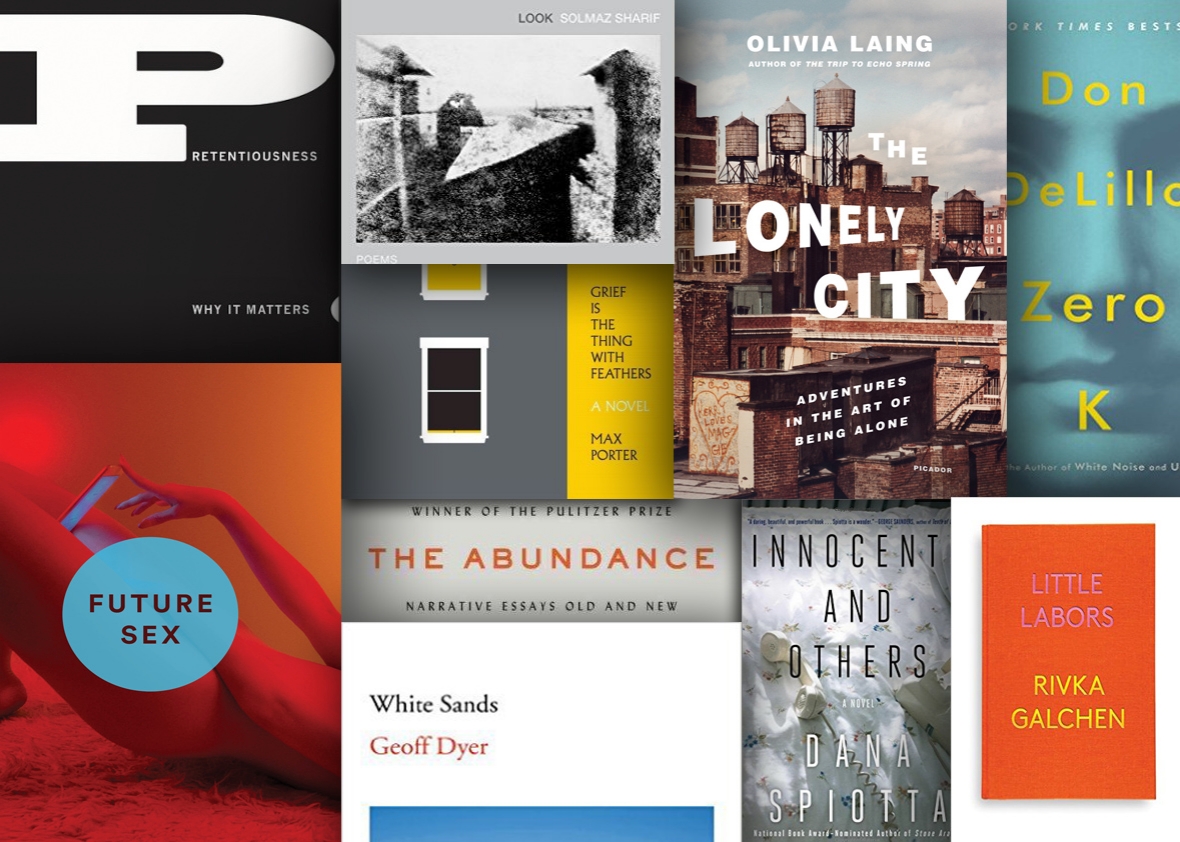
Photo illustration by Slate. Images by Amazon
Slate’s Best Books of 2016 coverage:
Monday: Laura Miller’s favorite books of the year.
Tuesday: The best comics and the best book jackets of the year.
Wednesday: Katy Waldman’s favorite books of the year.
Thursday: Mark O’Connell’s favorite books of the year.
Friday: The best audiobooks of the year.
* * *
Taking stock of the books I read in 2016 has made me realize just how arbitrary the whole business of year-end listmanship is. I didn’t do all that much reviewing this year, so I wound up reading mostly what I felt like reading, as opposed to what was dictated by publishing schedules. So I haven’t yet got around to reading a lot of the big-deal books—your Colsons Whitehead, your Elizabeths Strout—that might well have made this list if I’d read them. So yes, obviously, these things are always arbitrary, but I feel like whatever small claim I might ordinarily have to authority is even smaller than normal this year. All of which is by way of saying, I suppose, that these are just books that I happened to read and also happened to love. Exactly 10 of them.
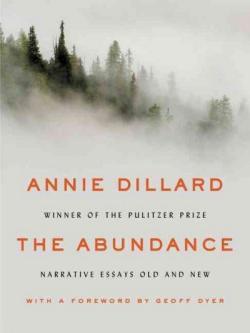
The Abundance: Narrative Essays Old and New by Annie Dillard. Ecco.
The Abundance is basically a greatest hits collection, composed of extracts from the various works of one of the presiding geniuses of contemporary literature. There’s a fair sampling here of Dillard’s variegated greatness, from the gorgeously tortured theodicy of For the Time Being, to the Emersonian wisdom and beauty of Pilgrim at Tinker Creek and Teaching a Stone to Talk, to the demented mystic brilliance of Holy the Firm. This is a rich and inspiring collection and a wild sermon on the liberating power of the essay form.
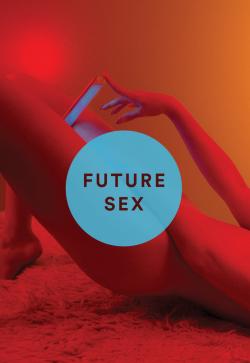
Future Sex by Emily Witt. Farrar, Straus.
Read Slate’s review. Read Slate’s interview with Witt.
In Future Sex, her impressive first book, Witt explores some of the more unconventional erotic practices of her generation—polyamory, extreme sadomasochism, “orgasmic meditation,” and so on—as a means of coming to a clearer understanding of her own sexual life. It’s a surprising, funny, and deeply enjoyable work of narrative journalism.
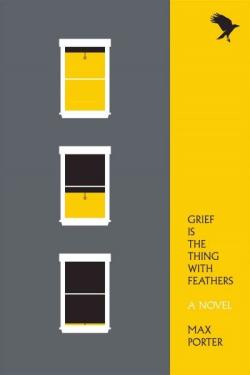
Grief Is the Thing With Feathers by Max Porter. Graywolf.
Along with seemingly just about every other person in the Anglophone world this year, I was knocked sideways by Porter’s Grief Is the Thing With Feathers. I read it in one go on a long flight, and then, because I hadn’t brought anything else to read with me—and because it’s a very short book, and because I wanted to experience it one more time—I immediately read it straight through again. Maybe it was tiredness or the desiccated in-cabin air, but both times I got very emotional while working my way through the closing pages. It is, as everyone keeps saying, an extraordinary book—a weird, elegant hybrid of novel and poem and a vindication of the formal and emotional possibilities of literature. It made me want to hold my family close and to become a more adventurous writer. (I should acknowledge here that Porter is my editor at Granta, the British publisher of my own forthcoming book, so my impartiality here is somewhat in question. But if you’d been unlucky enough to be sitting beside me on that flight as I choked back tears, you would not be questioning my sincerity.)
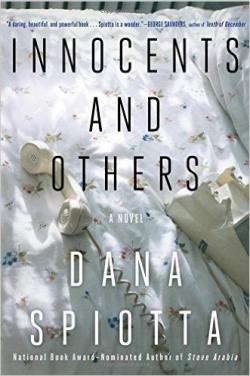
Innocents and Others by Dana Spiotta. Scribner.
Read Slate’s review.
I hesitate to call Spiotta overlooked. (Any time you call a writer overlooked, you run the risk that you yourself are simply overlooking the fact that loads of people aren’t actually overlooking that writer at all.) I mean, she was profiled by the New York Times Magazine when this book came out in February, so she’s hardly obscure. But I always get the sense that people aren’t talking about her as much as they should be. Innocents and Others is, like much of her previous work, a complex and highly engrossing fiction about friendship and art, and the tensions between them. Spiotta probes the relationship between artist and subject, and between life and art, in a manner not coincidentally reminiscent of Orson Welles’ late masterpiece F Is for Fake. The elderly Welles has a sustained cameo early in the book, just the first of many audacious moves Spiotta pulls off with extraordinary poise and charm.
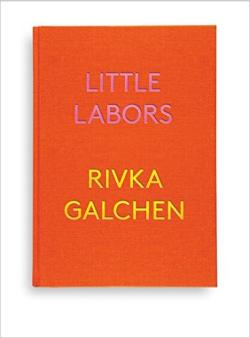
Little Labors by Rivka Galchen. New Directions.
Read Slate’s review.
Galchen’s collection of essays about motherhood is the kind of book people talk about “relishing”—it’s short, stimulating, and entirely possible to devour in one sitting. In a reflection on The Pillow Book, by the 10th-century Japanese writer Sei Shonagon, Galchen refers to its “special density [of] the amusing and the strange,” and her own association of the book with “what I think of as the ‘small’ as opposed to the ‘minor.’ ” It’s a distinction that holds just as well for Little Labors, a defiantly small but majorly strange and amusing work.
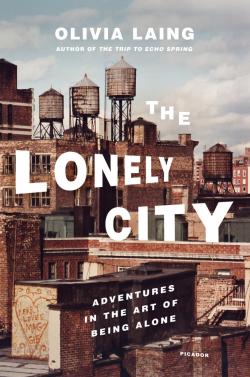
The Lonely City by Olivia Laing. Picador.
Read Slate’s review.
Like her previous book, The Trip to Echo Spring, Laing’s The Lonely City is a hybrid work that weaves together criticism, biography, travelogue, and memoir into a stylish unity of form. Here she focuses on four artists—Edward Hopper, Henry Darger, Andy Warhol, and David Wojnarowicz—exploring the pressure exerted by loneliness on their lives and their work. Living alone in New York in the aftermath of a broken relationship, Laing also foregrounds her own sense of desolation and disconnection; but the book, in its elegantly ruminative way, argues for an understanding of the value, as well as the pain, of loneliness.
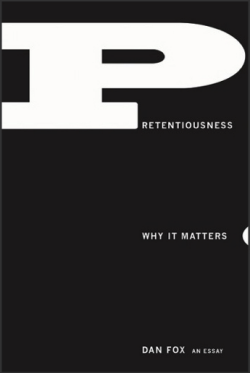
Pretentiousness: Why It Matters by Dan Fox. Coffee House Press.
Read Slate’s review.
This book-length essay by art critic and Frieze editor Dan Fox mounts a rousing apologia for pretentiousness in all its forms. It’s a short, punchy book, but it covers a lot of ground: Greek philosophy, the Stanislavski acting method, the cultural surveillance state of the British class system, psychoanalysis, cultural appropriation in pop music, etc. Fox builds his argument for the value of pretentiousness in an entirely unpretentious manner, writing about his own middle-class upbringing in Oxford, where he discovered a wider world of cultural possibilities through his older brother’s record collection—through the thrillingly pretentious music of Bowie, Kraftwerk, and Roxy Music. His argument is ultimately for a democratic understanding of pretentiousness, as not a screen of elitist dissimulation but a liberating force—as what he calls “permission for the imagination.”
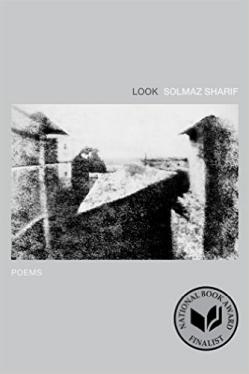
Look by Solmaz Sharif. Graywolf.
I am, at best, an intermittent and ill-informed reader of contemporary poetry, but I found Look, the debut collection by the Iranian American poet Sharif, deeply affecting. Throughout this formally innovative book, Sharif repurposes the language of the war on terror, turning the jargon of surveillance and violence against itself and using it as a linguistic lens to reveal the terrible damage wrought on human lives by America’s wars. The effect is a powerful, and inventively polemical, meditation on language and violence.
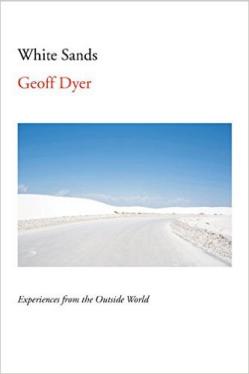
White Sands: Experiences From the Outside World by Geoff Dyer. Pantheon.
Dyer writing about things? I’m in! It hardly matters what the things are at this point—Dyer has established that he can write about basically anything and make it interesting—but in this case the things mostly involve travel. There are pieces about land art, about Beijing’s Forbidden City, about visiting the unlikely Los Angeles residences of Theodor Adorno and Thomas Mann. The book isn’t without its off-key moments (an unfunny riff about how overweight Tahitians are stuck in my craw), but it’s on the whole a consistently enjoyable and thought-provoking collection.
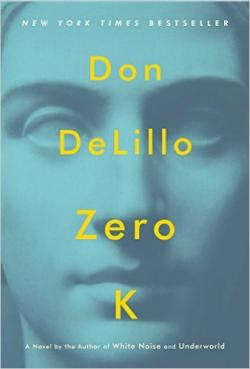
Zero K by Don DeLillo. Scribner.
Read Slate’s review.
DeLillo’s Zero K felt like both an oblique summation of his own career—terror of death channeled through technology! stylized apocalyptic imagery! conversations in the form of dueling riffs!—and an augury of a strange and bleak future. It’s a haunting story about an aging billionaire who arranges for himself and his dying wife to be cryogenically preserved, in the hope of being reanimated once the technology’s been developed to allow them to live eternally. There are obvious resonances of the transhumanist movement, and the Silicon Valley cult of eternal youth and transformative technology, but DeLillo (who turned 80 this year) captures the more immediate strangeness of our culture’s fraught relationship with technology and the precise apocalyptic feel of this moment in time.
---
Read the rest of the pieces in the Slate Book Review.
Innocents and Others: A Novel
Check out this great listen on Audible.com. From "a major, unnervingly intelligent writer" (Joy Williams), "rich, funny, learned, and tonally fresh" (Jeffrey Eugenides), comes a novel about aspiration, film, work, and love. Dana Spiotta's new novel is about two women, best friends, who grow up in...